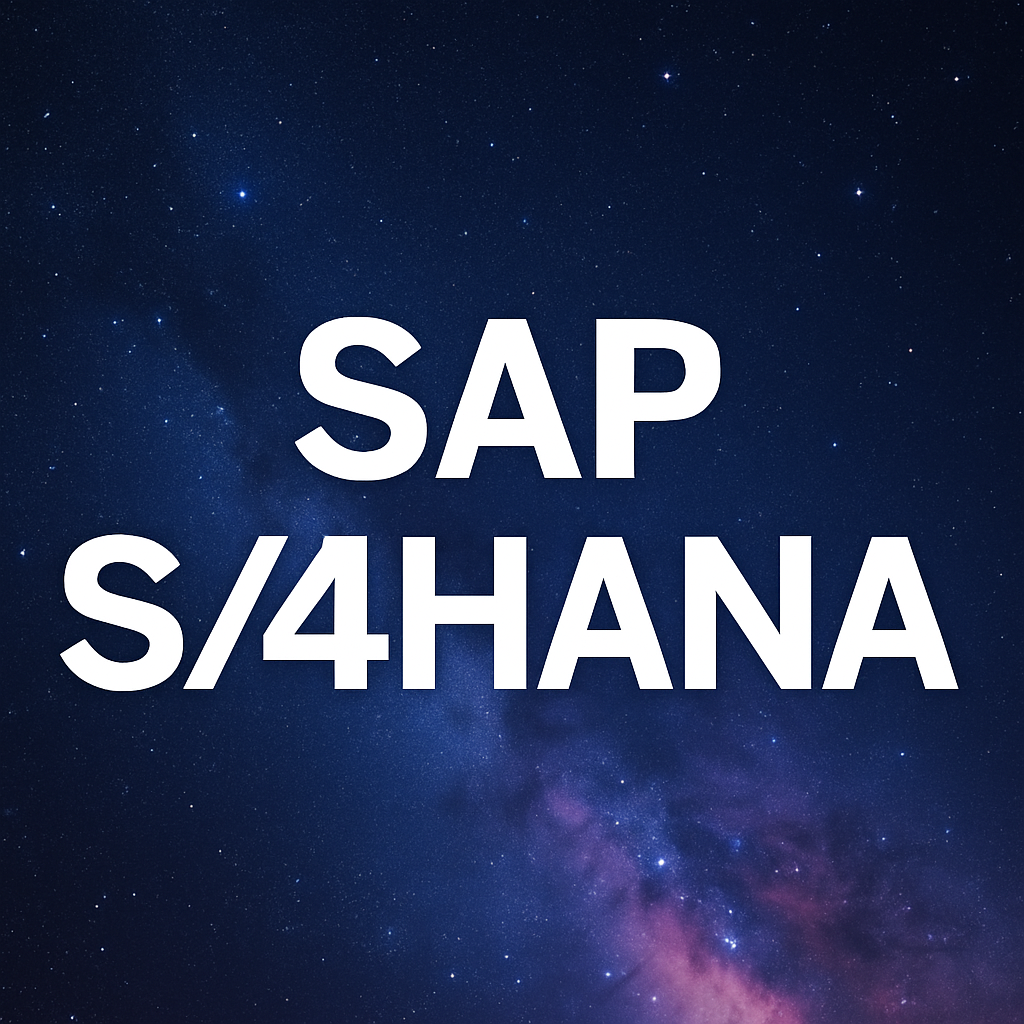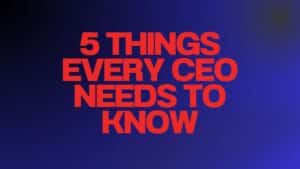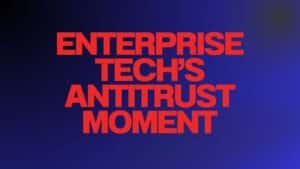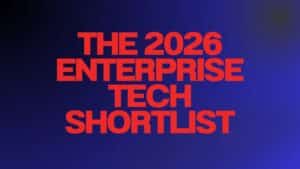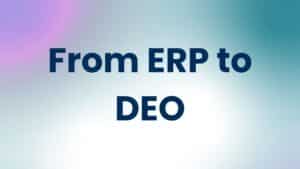At least five whistleblowers have come forward in recent months — and they all share one thing in common: frustration with how SAP S/4HANA implementations are being sold, scoped, and executed.
At Third Stage Consulting, we’re often brought in after the fact — to rescue troubled projects, rebuild trust, and reset strategy. And in the process, we get an unfiltered look at what’s really happening behind the scenes. The pressure. The failed promises. The decision-making power outsourced to vendors. The lack of ROI.
These aren’t isolated issues. They represent structural risks for any organization considering or undergoing an SAP transformation.
Let’s break down what the whistleblowers are revealing — and what you can do to protect your organization.
Table of Contents
Toggle1. Forced Migrations: A Cloud Deadline, Not a Strategy
One of the most troubling patterns is the forced push from ECC to S/4HANA.
SAP is sunsetting support for ECC — and organizations feel trapped. Even those that recently invested millions into a global ECC rollout are being told they must now upgrade again, often without seeing a fraction of the ROI they were promised.
This isn’t just inconvenient — it’s ethically questionable.
Should a vendor be allowed to dictate your entire IT roadmap? Hold your mission-critical systems hostage in order to drive its own cloud revenue? And what does this say about long-term platform trust?
You have more options than SAP wants you to believe.
- Third-party support can extend your ECC through 2040 (or longer)
- Interoperability layers can modernize legacy SAP without replatforming
- You can transition off SAP entirely — on your timeline, not theirs
2. The ROI Bait-and-Switch
Several clients have shared a similar story: They finish a long ECC rollout… only to have SAP immediately push them into another 8-figure S/4HANA transformation.
One CIO put it bluntly:
“We didn’t even get value from ECC yet. Why would we reinvest — especially without any clear business case?”
SAP’s response? Upgrade anyway. The urgency? Manufactured. The value proposition? Still unclear.
ERP transformations should never start with a software mandate. They should start with strategy — and a clear, measurable path to value. Anything else is just a repackaged sales cycle.
3. Vendor Lock-In, Everywhere You Turn
Another common complaint: SAP’s closed ecosystem is limiting innovation.
During an SAP S/4HANA rollout, many organizations are nudged — or forced — into also implementing:
- Ariba for procurement
- SuccessFactors for HCM
- Signavio for process mapping
- WalkMe for adoption tracking
In theory, you can choose alternatives. But in practice, clients feel cornered — pushed into using only SAP-acquired tools. This “bundled dependency” makes long-term flexibility almost impossible and creates hidden switching costs that grow over time.
At Third Stage, we advise clients to take a platform-first view, not a product-first one. True digital enterprise operations (DEO) are built on interoperability, not lock-in.
4. System Integrators Taking Control — Literally
Perhaps the most shocking whistleblower story involves a Big Four consultancy that contractually demanded ultimate decision-making authority over a client’s implementation.
The client — a large multinational — signed away control before we were even brought in. The result? A rigid, over-budget rollout with zero room for business alignment or course correction.
This isn’t just bad practice. It’s a strategic failure.
ERP implementation is not a software project. It’s a business transformation. Which means your leadership team — not your consultants — should hold the decision-making power. Consultants should advise. You should lead.
5. Consulting Pyramids That Ignore AI Reality
Finally, we’ve seen multiple clients burned by bloated consulting teams filled with junior staff — billed at senior rates.
These aren’t bad people. But many of their tasks — documentation, analysis, code generation — can and should be automated by AI today. Instead, large firms continue to operate as if the consulting pyramid is still necessary — and still worth your money.
At Third Stage, we’re flipping that model. Our Mission Control AI platform captures every meeting, automates key deliverables, and reduces headcount and costs by leveraging real-time AI agents. It’s not just faster — it’s smarter and more aligned to actual business outcomes.
What to Do Next With SAP S/4HANA
Whistleblowers aren’t just raising complaints — they’re sounding the alarm. If you’re starting (or stuck in) an S/4HANA transformation, now’s the time to:
✅ Rethink your platform strategy — not just follow the vendor roadmap
✅ Reclaim decision-making authority — don’t outsource your future
✅ Demand ROI clarity — before the first line of code is written
✅ Use AI to your advantage — not your consultant’s margin
✅ Know your rights and options — you don’t have to be locked in
Let’s Talk About SAP S/4HANA
We’ve published a free, independent guide to S/4HANA implementation success — no vendor spin, just real strategies from the field.
📥 Download the guide: S/4HANA Playbook
Stratosphere 2025
🗓 August 25–27, 2025 | Denver, CO (In-person & virtual)
A vendor-neutral, expert-led conference on digital transformation strategies.
Details & registration: thirdstage-consulting.com/stratosphere-2025
The Executive Mastermind
An exclusive peer network of transformation leaders collaborating on strategy and innovation.
Learn more: thirdstage-consulting.com/the-executive-mastermind
Q&A: What Organizations Are Asking About SAP S/4HANA
Q: Do I have to migrate to S/4HANA before ECC support ends?
A: No — despite SAP’s messaging, you have options. Many organizations are using third-party support to extend ECC’s life beyond 2027 (some to 2040+). You can also modernize through interoperability layers or pivot to a different platform entirely.
Q: What’s the biggest mistake companies make during an S/4HANA rollout?
A: Skipping Phase Zero. Without a clear blueprint upfront — business goals, process design, change readiness — decisions get made reactively during the build. This leads to scope creep, missed ROI, and implementation fatigue.
Q: Can I use non-SAP tools during an S/4HANA project?
A: Yes — but many clients are pressured into using SAP’s full suite. Don’t be afraid to challenge that. If Ariba or Signavio aren’t the best fit for your needs, you can integrate other tools. Platform optionality is key to long-term agility.
Q: Is AI really reducing costs in ERP implementations?
A: It should be. But most big consulting firms are still using traditional staffing models. At Third Stage, we’ve introduced Mission Control AI to reduce reliance on junior consultants and automate key deliverables across the project lifecycle.
Q: Who should own decision-making authority during an ERP implementation?
A: Your internal team. Consultants should guide — but not dictate. If a system integrator demands final say over strategic decisions, it’s time to revisit your contract or your partner choice.


